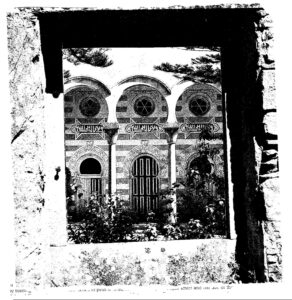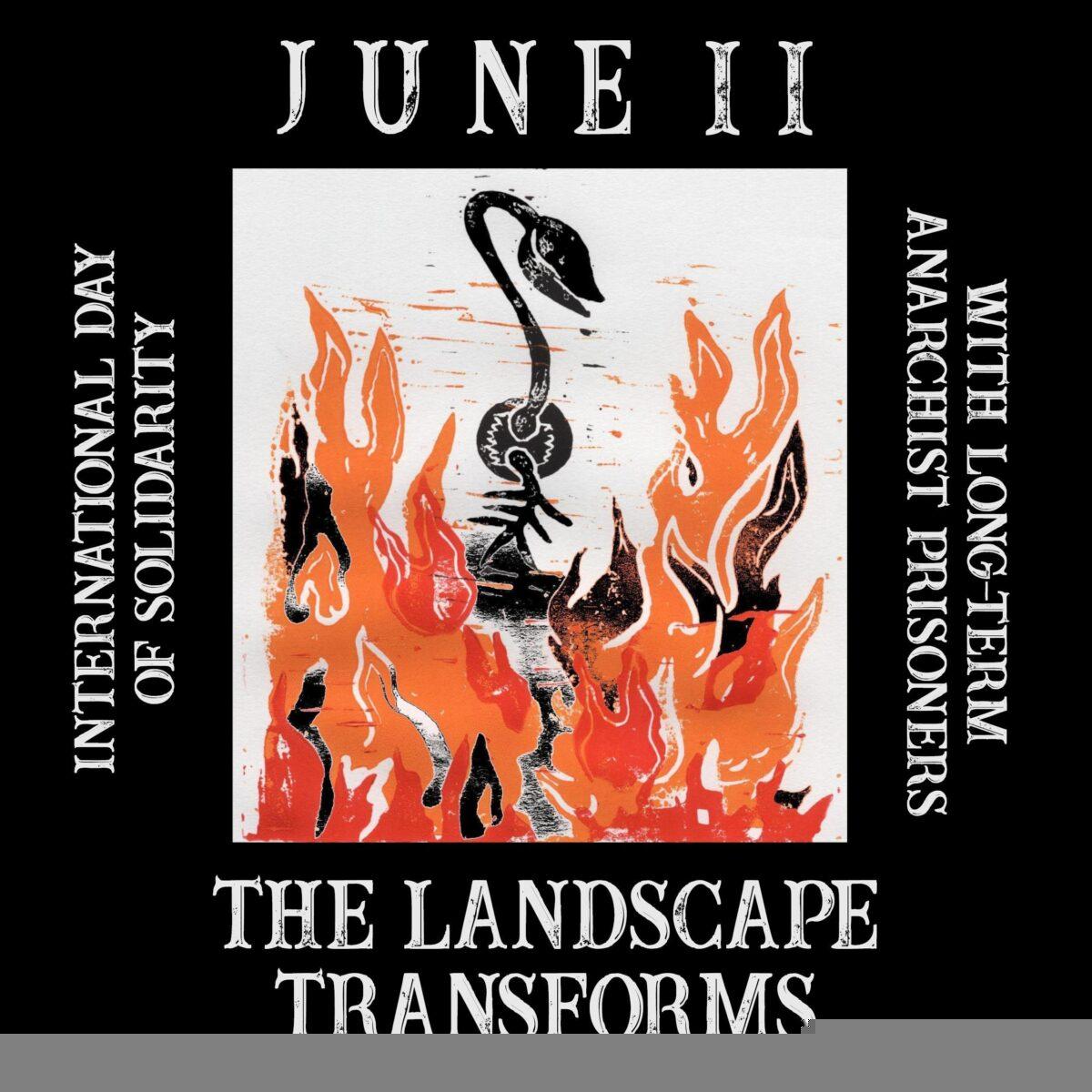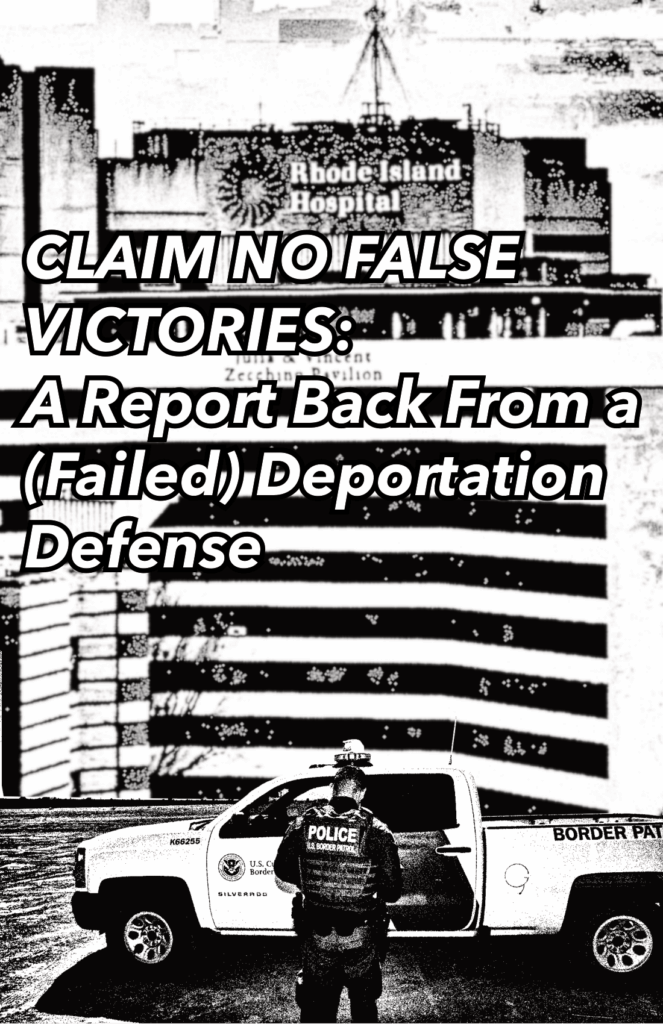
Stolen from: https://x.com/YesterdayBigcat/status/1925348019438067762 and machine translated.
「四川宜宾:讨薪工人怒烧工厂,网民一边倒支持工人(2025.05.20-22)」四川宜宾一名22岁纺织工人因工资被克扣,在讨薪无果后怒而放火点燃了工厂,引发持续三日的大火。 据多名网友爆料及现场目击者描述,5月20日中午11点,宜宾市屏山县锦裕纺织厂发生火灾,一名年轻男性工人在捅伤一名与厂主关系密切的财务人员后,放火点燃了工厂。知情网友称,该名工人此前因辞职未获批准、工资被无故克扣800元,在多次讨薪未果后,他情绪失控,最终选择以极端方式抗议。还有网友指出,该财务为厂主亲戚,行为蛮横,导致矛盾激化。 “一个工人辞职不干了,扣了他800块,要了几次都没有给他,所以这个人放火。” “不欠工资但是要扣钱为啥扣因为财务是厂里的关系户。” “听说扣了800块钱被员工放火烧了一个厂。” “听说是人为的,为了800块钱工资,老板不给给打人,一气之下点燃了工厂,不知道是真的假的。” “大,被火烧的是二车间,和三车间,只有一车间,没有被烧。” “宜宾纺织厂,一个22岁小伙没要到工资,把厂给点着了我在看新闻。人一旦没了软肋,什么都不会怕。” “昨天中午十一点燃烧的,现在还在燃烧。” “老板被捅了一刀。” “乱说,是财务被捅。” 事发后,事件在中国的社交平台上得到了广泛的传播,舆论也一边倒支持涉事工人,称他是英雄,认为他的行为是“打工人的怒火”。 “这是人民的怒火。” “工人的怒火。” “人民英雄” 、“人民的力量是光亮的。” “那兄弟实现了很多人心中的怒火,致敬。” “他是觉醒的无畏者的象征。” “燃烧自己,照亮他人。” “小伙子是真的勇敢,值得学习。” “为他点赞!” “我只关心,英雄怎么样了。” 同时,锦裕纺织厂老板成为众矢之的。网友普遍认为,事件虽有极端成分,但根源在于企业压榨工人、克扣工资、态度蛮横。有评论写道:“给所有无良老板上了一课”。还有人讽刺:“老板这次终于体会到打工人失去800块的滋味了。”还有网友指出,此类劳动纠纷和维权困难并非孤例,而是底层工人长期承受的普遍压迫。 “老板这次终于体会到打工人失去800块的滋味了吧” “干得漂亮, 对付黑心老板就得这样” “虽然被揍了个厂,但是老板实打实的节省了800工资” “欺负打工人,欺负习惯了。赔家给他来点教训” “没良心的资本家就该死里干” “老板这次终于体会到打工人失去800块的滋味了是吧” “给拖欠工资的老板们,上了一堂生动现实的课。” “我想把这个视频发给我老板看” “800块钱工资,老板直接破产。工人要考老板上了一课” “应该是给全国工厂的老板上了一课” 网友还认为,底层人活的太艰难,800元钱对老板来说只是一瓶酒钱,但对底层劳动者来说可能就是底线。 “800块钱对于一个老板来说九牛一毛都算不上,但是对于一个打工者来说可能就是他的底线!” “800元钱是不多,但是,身无分文的时,就是救命钱,能吃半个月的生活。” “有没有人相信,800块钱是我一个月的生活费,现在的钱不好赚” “几百块钱,说起不多,但是对于普通家庭可以办很多事了” “对某些人来说只是几百块钱,对于人家来说已经是抗压底线了 这里没有赢家” “800块钱可能就是老板一瓶酒钱,对很多底层人来说确是一个月的生活费,有了这800就能活下去。” “800块也是救命钱” 除声援外,许多网友还表示愿意为工人家属捐款、筹资请律师。 “如果小伙英雄公开个帐号,我再穷也愿意支援三五百” “真的值的众筹,他的光照耀了所有打工人” “如果小伙家人需要帮助,我加入一个” “我们穷人要搞个基金会,凡是为了维权而光荣的,按大小发放工资扶持家人。” “给他人捐款请律师,我出100” “给这个家捐款,是她的行动照亮了所有人” “刚刚刷到,评论区好多人说,捐款给小伙的父母,为我们撑起了一片光明。” “如果小伙英雄公开个帐号,我再穷也愿意支援三五百” “大哥要人出来,我也给他捐款,捐钱就应该花在这种地方!为本人抱薪者,不可使其冻毙于风雪!” “还是希望哥们的父母可以出来,大家每人捐一点,让二老养老。” “我给小伙子捐300,因为我曾经也被压榨过,包括现在,2个月绩效没发了!” “我给小伙子捐1000,他是打工人的榜样” “我捐一百给敢作为小伙子集资!” “我给他捐3000” “需要捐款的时候麻烦艾特我一声,微薄之力” “能给小伙子捐款不?我个人出500” “我的梦想就是想见一下一啊,放火的这个兄弟,想给他转500块钱” “问一下咋给小伙子捐款呀?” “为众人抱薪者,不可使其冻毙于风雪” 这起事件像一根导火索,点燃了无数人的共鸣与愤怒。底层劳动者的苦难被长期漠视,活得步步维艰,人们似乎都在等待那个引发改变的临界点。
“Sichuan Yibin: Workers demanding wages set fire to the factory, netizens overwhelmingly support the workers (2025.05.20-22)” A 22-year-old textile worker in Yibin, Sichuan, was angry about his wages being withheld. After failing to demand his wages, he set fire to the factory, causing a fire that lasted for three days.
According to reports from multiple netizens and eyewitnesses, a fire broke out at Jinyu Textile Factory in Pingshan County, Yibin City at 11:00 a.m. on May 20. A young male worker stabbed a financial officer who was closely related to the factory owner and then set the factory on fire. Informed netizens said that the worker had previously been deducted 800 yuan from his salary for no reason because his resignation was not approved. After many unsuccessful attempts to get his salary, he lost control of his emotions and finally chose to protest in an extreme way. Other netizens pointed out that the financial officer was a relative of the factory owner and his arrogant behavior led to the intensification of the conflict.
“A worker quit his job and was deducted 800 yuan from his salary. He asked for it several times but was not given the money, so this person set the fire.”
“We don’t owe you any wages, but they are still deducting money 😼 Why? Because the finance department is a relative of the factory.”
“I heard that a factory was set on fire by employees because 800 yuan was deducted.”
“I heard it was man-made. The boss beat someone up because he didn’t pay him 800 yuan in salary, so he set the factory on fire in a rage. I don’t know if it’s true or not.”
“It’s big. The ones that were burned were Workshop 2 and Workshop 3. Only Workshop 1 was not burned.”
“In Yibin Textile Factory, a 22-year-old boy set the factory on fire after he failed to get his salary 🤣🤣🤣 I was watching the news. Once a person loses his weaknesses, he will not be afraid of anything 😭 .”
“It started burning at 11 o’clock yesterday and it’s still burning now.”
“The boss got stabbed.”
“Nonsense, the finance department was stabbed.”
After the incident, the incident was widely circulated on Chinese social platforms, and public opinion overwhelmingly supported the worker involved, calling him a hero and believing that his behavior represented the “anger of workers.”
“This is the anger of the people.”
“Workers’ anger.”
“People’s Hero”
” “The power of the people is bright 👍👍👍👍👍 .”
“That brother fulfilled the anger in many people’s hearts. Salute 🔥 .”
“He is the symbol of the awakened fearless.”
“Burn yourself to light up others 🔥🔥🔥🔥🔥 .”
“The young man is really brave and worth learning from.”
“Like him 👍 !”
“I only care about how the hero is doing.”
At the same time, the boss of Jinyu Textile Factory became the target of public criticism. Netizens generally believed that although the incident was extreme, the root cause was the company’s exploitation of workers, withholding of wages, and arrogant attitude. One comment wrote: “This is a lesson for all unscrupulous bosses.” Another person sarcastically said: “The boss finally experienced the feeling of losing 800 yuan for the workers.” Other netizens pointed out that such labor disputes and difficulties in defending rights are not isolated cases, but a common oppression that grassroots workers have endured for a long time.
“The boss finally understood how it feels to lose 800 yuan this time.”
“Well done, this is how you deal with a shady boss”
“Although the factory was beaten, the boss actually saved 800 yuan in wages.”
“He bullies the workers. He is used to it. Let’s teach him a lesson.”
“Capitalists without conscience deserve to die”
“The boss finally understood how it feels to lose 800 yuan, right?”
“It is a vivid and realistic lesson for the bosses who owe wages.”
“I want to send this video to my boss”
“With a salary of 800 yuan, the boss went bankrupt. The workers wanted to test the boss and learned a lesson.”
“This should be a lesson for factory owners across the country.”
Netizens also believe that life is too difficult for people at the bottom of society. 800 yuan is just the price of a bottle of wine for the boss, but it may be the bottom line for the bottom-level workers.
“800 yuan is nothing to a boss, but it may be his bottom line for a worker!”
“800 yuan is not a lot of money, but when you are penniless, it is life-saving money and can support you for half a month.”
“Does anyone believe that 800 yuan is my monthly living expenses? Money is hard to earn nowadays.”
“A few hundred dollars may not seem like much, but it can do a lot for an average family.”
“For some people, it’s just a few hundred dollars, but for others, it’s their bottom line. There are no winners here.”
“800 yuan might be the price of a bottle of wine for the boss, but for many people at the bottom of society, it is a month’s living expenses. With this 800 yuan, they can survive.”
“800 yuan is also life-saving money”
In addition to expressing support, many netizens also expressed their willingness to donate money to the workers’ families and raise funds to hire lawyers.
“If the young hero makes his account public, I will be willing to support him with three or five hundred yuan even if I am poor 👍 ”
“It is really worth the crowdfunding. His light shines on all the workers 👍👍👍👍👍👍 ”
“If the boy’s family needs help, I will join one”
“We poor people should set up a foundation to pay salaries to those who have done honorable things for their rights to support their families. 🤏 ”
“Donate to others to hire a lawyer, I will pay 100 💯💯💯 ”
“Donate to this family, her actions illuminate everyone”
“I just saw a lot of comments saying that donating to the boy’s parents has given us a chance to see the light.”
“If the young hero makes his account public, I will be willing to support him with three or five hundred yuan even if I am poor 👍 ”
“Brother wants people to come out, and I will donate money to him. Donated money should be spent on places like this! Those who carry firewood for me should not be allowed to freeze to death in the snow!”
“I still hope that my buddy’s parents can come out and everyone can donate a little to help them through their retirement.”
“I donated 300 yuan to the young man because I have also been exploited before, including now, I haven’t received my performance bonus for two months!”
“I donated 1,000 yuan to the young man. He is a role model for workers.”
“I will donate 100 yuan to the young man who dares to raise funds! 🤣 ”
“I donated 3,000 to him 👍 ”
“If you need donations, please let me know. It’s just a small contribution.”
“Can you donate to the young man? I’ll personally give 500.”
“My dream is to meet the brother who set the fire and transfer 500 yuan to him.”
“Excuse me, how can I donate to the young man?”
“Those who carry firewood for others should not be allowed to freeze to death in the snow and wind.”
This incident was like a fuse, igniting the resonance and anger of countless people. The suffering of the lower-class workers has been ignored for a long time, and their lives are difficult. People seem to be waiting for the critical point that will trigger change.




